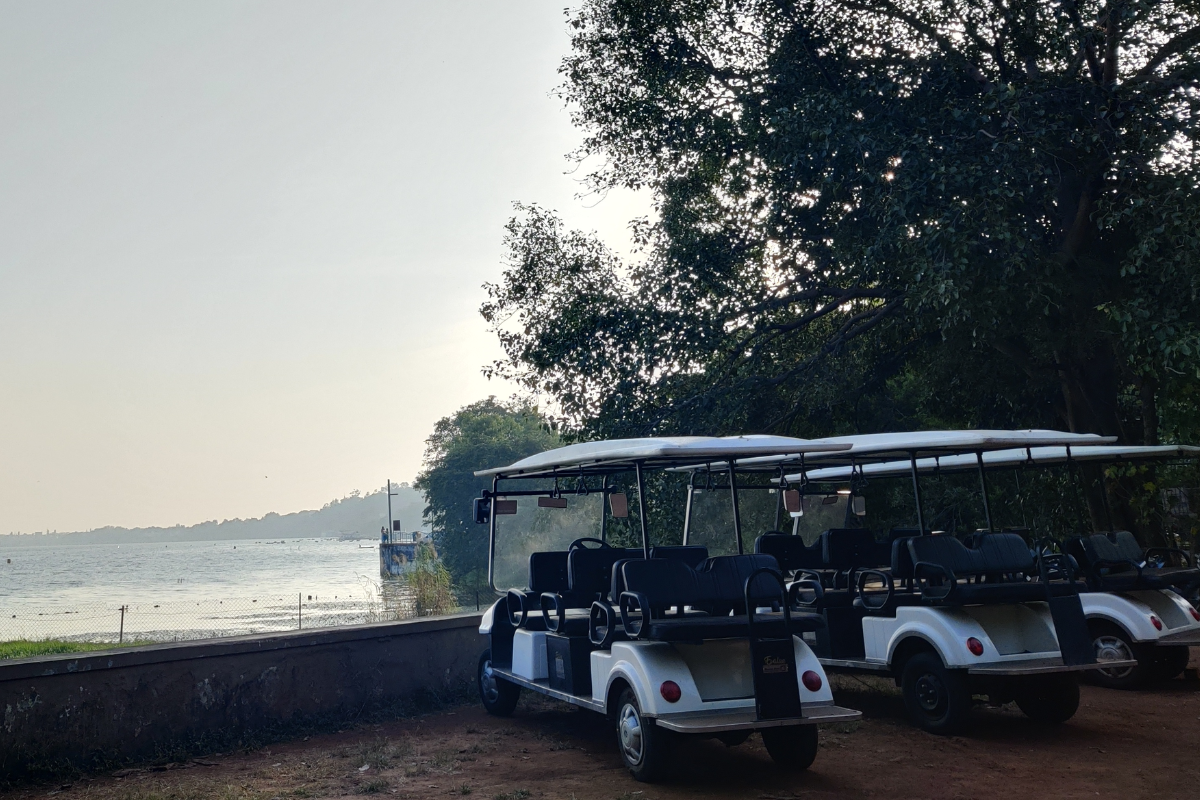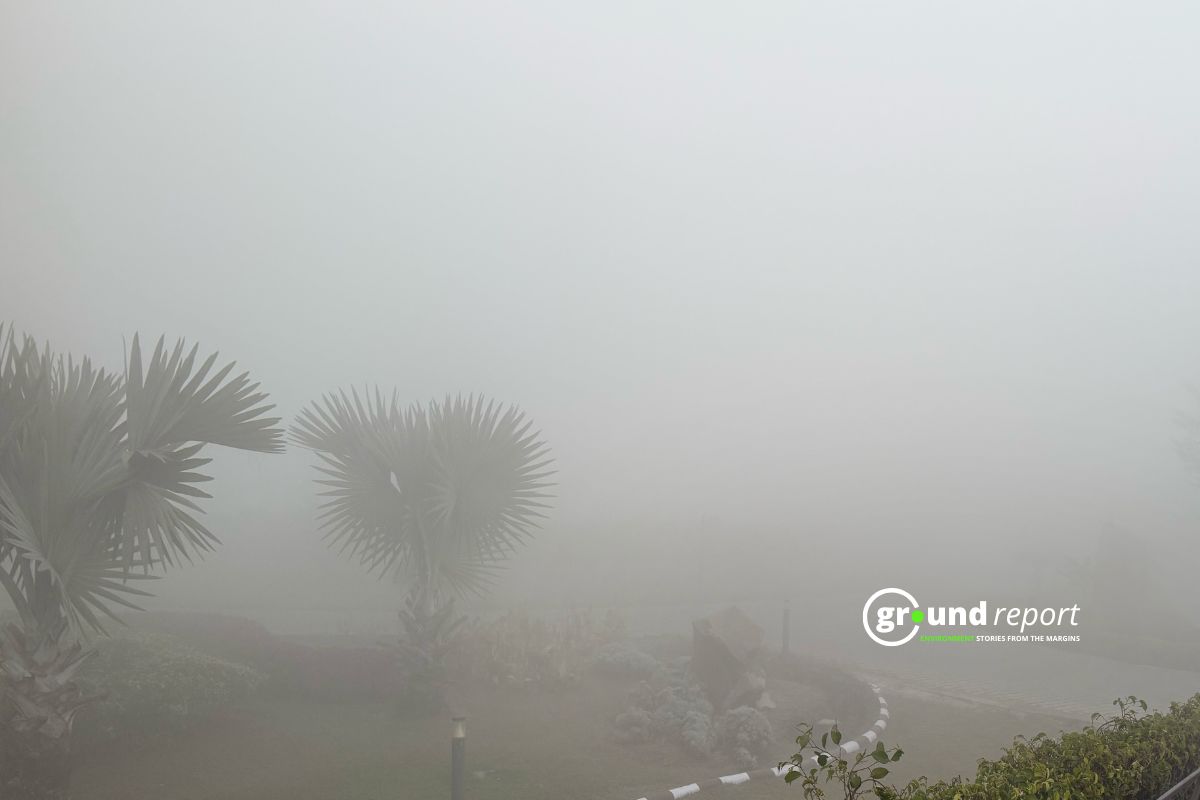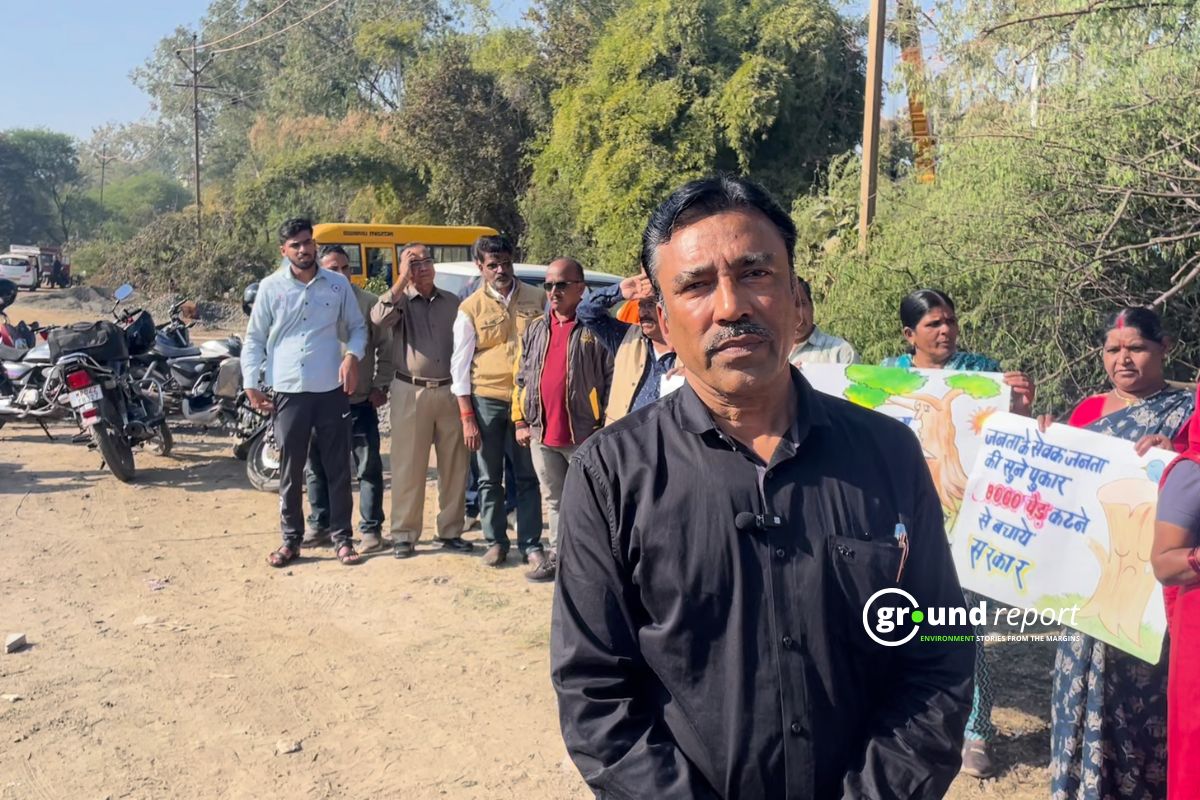Van Vihar National Park in Bhopal is set to become a no vehicle zone. The park management has sent a proposal to the Wildlife Headquarters for approval. The move aims to protect wild animals, reduce pollution, and offer a cleaner, safer experience for tourists.
Private vehicles will no longer be allowed inside the park. Only battery-operated golf carts, rental bicycles, and official safari vehicles will be permitted. Four new golf carts have been added recently, bringing the total to five owned by the park. About ten more golf carts run under the public-private partnership (PPP) model. The park also has 110 bicycles for tourists.
Van Vihar follows the model of Nandan Kanan Zoological Park in Bhubaneswar, which has already adopted similar restrictions. The plan includes building better tracks, placing new signboards, and setting up more resting spots for visitors. These changes are expected to improve the overall experience without disturbing the animals.
PCCF Wildlife Shubharanjan Sen said, “The proposal prioritises both wildlife protection and tourist convenience. Guidelines were given for the project, and the proposal was prepared accordingly.”
The park has seen several troubling incidents in the past. Some tourists have been caught feeding junk food to animals, speeding inside the park, or performing dangerous stunts. In one case, a deer died after being hit by a vehicle. These events pushed the management to take stricter steps.
Once the proposal is approved, petrol and diesel vehicles will be completely banned. Only eco-friendly options will be allowed inside the park to maintain peace and safety.
Van Vihar is spread over about 445 hectares along the Upper Lake in Bhopal. It was declared a national park in 1983. Unlike a traditional zoo, Van Vihar is an open enclosure park where many animals live in conditions close to their natural habitat. The park houses tigers, leopards, bears, crocodiles, and several bird species.
Support us to keep independent environmental journalism alive in India.
Keep Reading
Indore Startup Swaaha takes the lead in making Amarnath Yatra eco-friendly
Amarnath Yatra: Tackling rising death toll from extreme weather events
Amarnath yatra pilgrims urinating in Sindh river: A threat to environment
Stay connected with Ground Report for underreported environmental stories.
Follow us on X, Instagram, and Facebook; share your thoughts at greport2018@gmail.com; subscribe to our weekly newsletter for deep dives from the margins; join our WhatsApp community for real-time updates; and catch our video reports on YouTube.
Your support amplifies voices too often overlooked—thank you for being part of the movement.









